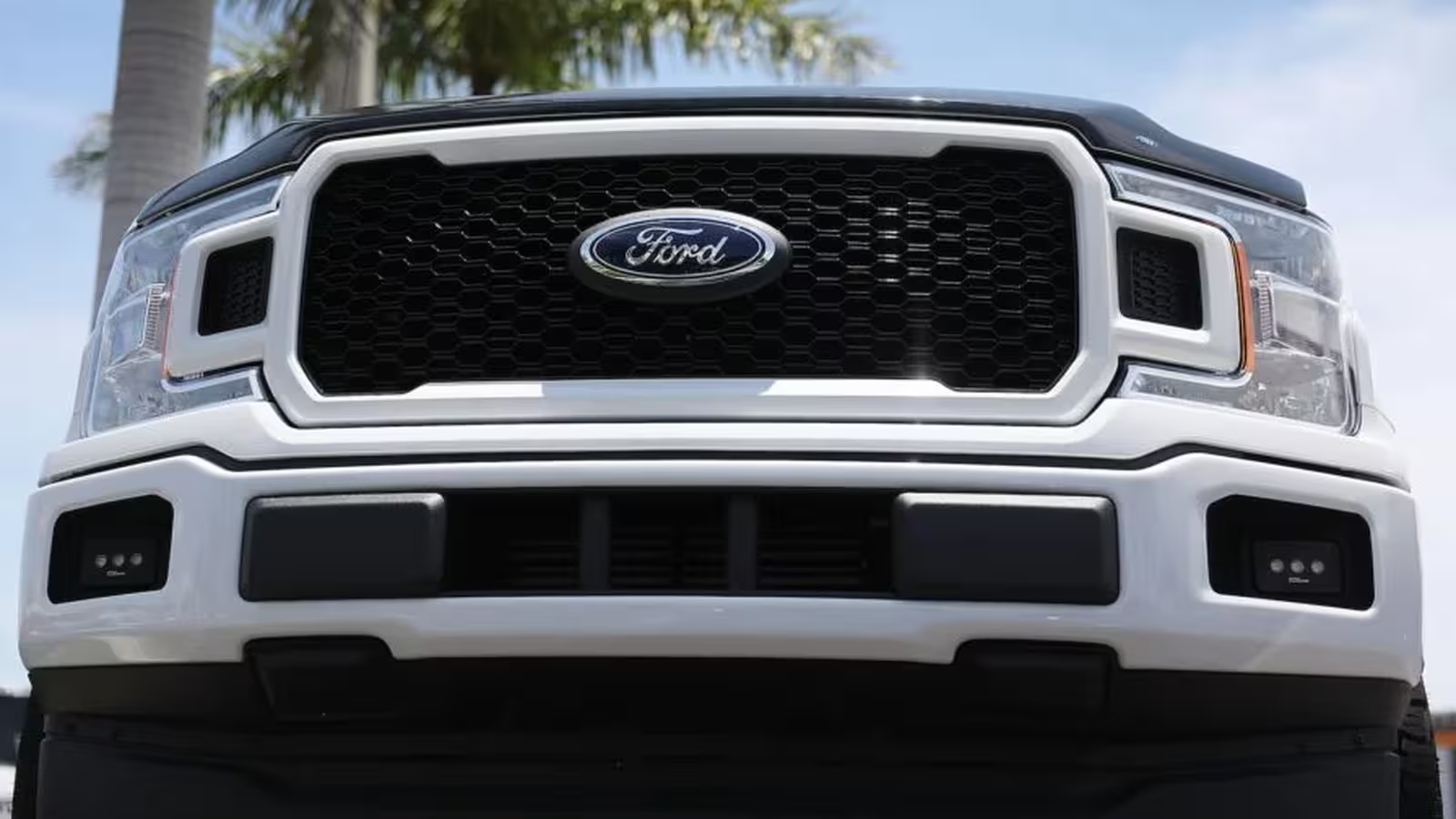5 Minutes
The Legacy of America's Automotive Icons
For generations, Ford Motor Company and General Motors have represented the backbone of American automotive excellence. From the best-selling Ford F-150 pickup, revered as a symbol of American toughness, to Chevrolet vehicles gracing roads nationwide, the Detroit Big Three—Ford, GM, and Chrysler (now under Stellantis)—once defined what it meant to be an 'American-made' car.
Detroit: Still America's Automotive Heartland?
Detroit remains inseparable from America's car-building narrative. Billions of dollars flow into Michigan and other manufacturing hotbeds as automakers race to lead in electric vehicles (EVs) and autonomous technologies. However, a recent release from Cars.com challenges these longstanding assumptions. Their latest American-Made Index, now in its 20th year, examines which vehicles and brands are truly built in America, factoring in U.S. factory jobs, domestic manufacturing facilities, and the proportion of American-made parts each model contains.
Analysis of the 2024 American-Made Index
This year’s ranking has upended expectations. Tesla dominates the top 20, with every model except the Cybertruck securing a spot—most notably, the Model 3 clinched first place. Shockingly, historic brands like Ford and GM are nearly absent: GM’s only entry is the Chevrolet Colorado pickup truck at a distant number 19, and Ford fails to make the top 20 altogether. Meanwhile, rivals like Honda, Toyota, Nissan, and Kia have several models built in U.S. factories high on the list, reinforcing how international the definition of 'American car' has become.
Vehicle Design, Specifications, and Performance
The Ford F-150 and Chevrolet Colorado have long been favorites for their robust design and workhorse performance, offering powerful engines, spacious cabins, and advanced tech features like towing assistance and connectivity. However, the Tesla Model 3, currently leading the American-Made Index, sets a new benchmark in EV performance with an impressive all-electric range, cutting-edge autopilot capabilities, and innovative minimalist design. Even traditional SUVs like the Jeep Wrangler and Gladiator (built by Stellantis in Toledo, Ohio) continue to draw buyers with their rugged, off-road prowess and iconic styling.
Market Positioning and Brand Identity
Historically, Ford and GM have marketed themselves as the guardians of American manufacturing, emphasizing local jobs and domestic production. Despite this, the global evolution of car manufacturing means that even 'made in America' vehicles often rely on internationally sourced components, including engines and transmissions. The Cars.com Index meticulously accounts for such factors, illustrating that final vehicle assembly in the USA does not guarantee predominantly domestic content.
The Political and Economic Context
This debate comes at a time of intense policy focus on American manufacturing. Recent import tariffs and "America First" rhetoric have raised the stakes for automakers. Yet, by Cars.com’s scoring, Ford and GM lag behind foreign automakers in key metrics of American vehicle content. While both companies highlight their considerable investments – GM promises $4 billion and Ford touts adding 13,000 U.S. jobs since 2008 – the data shows the disconnect between brand image and statistical reality.
Modern Realities in a Global Auto Market
Despite remaining massive U.S. employers (GM retains 90,000 American workers, Ford nearly 89,000), the complex global supply chains of today's automotive industry mean that the "American-made" label is more nuanced than ever. Cars.com urges buyers to look beyond assembly location and examine part sourcing, engine and transmission origins, and overall domestic content percentages.
Comparisons with International Competitors
Where Ford and GM struggle, brands like Tesla, Honda, Toyota, and Kia thrive with a growing fleet of American-assembled vehicles. Their commitment to local manufacturing is not just a marketing slogan but a competitive strategy reflected in the latest rankings. As American consumers and enthusiasts seek vehicles supporting U.S. jobs and innovation, they are increasingly looking at the data, not just the badge.
The Bottom Line: Rethinking What Makes a Car 'American'
For buyers passionate about supporting American industry, the latest American-Made Index is a wake-up call. In a rapidly globalizing market, the criteria for a truly American vehicle have changed. While Ford and GM remain industrial powerhouses, their ranking suggests embracing a broader—and sometimes uncomfortable—definition of American automotive manufacturing.



Comments